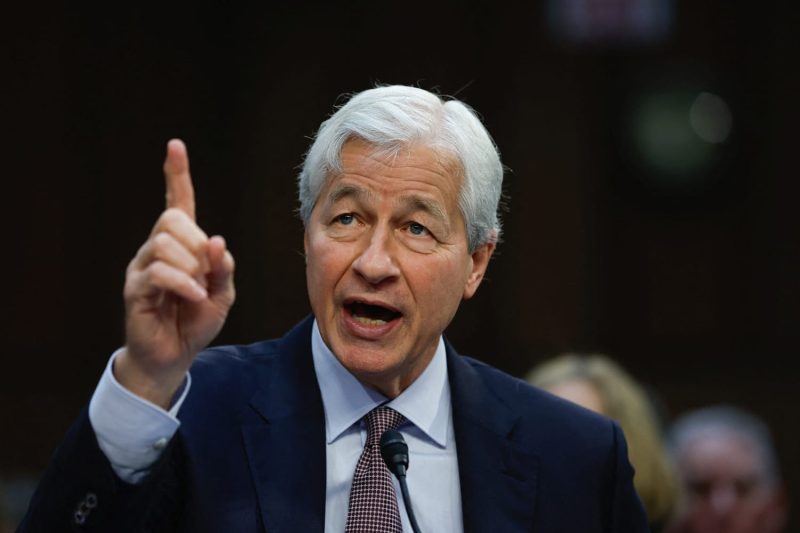JPMorgan Chase, one of the most prominent financial institutions worldwide, is reportedly gearing up to sue the U.S. Government over scams related to Zelle, a popular peer-to-peer (P2P) mobile payment service.
Zelle is a popular transfer service created by the seven largest American banks, including JPMorgan Chase, Bank of America, and Wells Fargo. A market leader, it outpaced its competitor Venmo with over $307 billion in transactions in 2020.
However, given the ubiquitous adoption of Zelle, users have been increasingly targeted by scammers – an issue allegedly mishandled by the financial institutions involved. JPMorgan Chase finds itself in a particularly precarious situation due to the unique circumstances surrounding its creation.
In recent years, online fraud has proliferated amid the rapid ascent of digital payment platforms. Case in point, the Federal Trade Commission (FTC) saw the report of $304 million lost to fraud through these channels in just 2020, a 12% increase from the previous year.
This pervasive fraud has come at significant cost and inconvenience to both the users and the banking entities associated with the service. Zelle scams typically involve phony purchases in which the fraudster convinces the victim to pay for a non-existent item via Zelle. The transaction appears legitimate and is processed by the bank, after which the scammer evidently disappears.
Confronted with escalating losses and disgruntled customers, JPMorgan Chase is now exploring legal action against the U.S. Government. The bank holds that the government has been unfairly demanding reimbursement for fraud losses instigated through Zelle.
JPMorgan Chase believes the nature of these fraud transactions places the blame squarely on the victims who opted to transfer funds to fraudsters. They argue that their customers acted against the bank’s warnings and thus assume liability for their losses. Therefore, any suggestion that the bank should absorb these losses raises issues of legal standing and fairness.
The platform does provide notices and warnings to users about potential scams and encourages them to use the service responsibly. However, when these warnings go unheeded, and customers fall victim to scams, it places banks like JPMorgan Chase in an untenable position.
There are also legitimate concerns about banks’ due diligence in these situations. Should regulators see fit, they could impose stringent new rules, forcing institutions to undertake far more rigorous checks before processing these types of transactions, increasing overheads and potentially slowing down payments.
While JPMorgan Chase is prepared to go to court, they are not the first to butt heads with the U.S. Government concerning online banking scams. It’s evidence of an industry grappling with the intersection of technological innovation, consumer safety, and legal responsibility.
The bank’s potential lawsuit against the U.S. Government draws attention to a critical contemporary issue: threat of scams in digital payment services. As we increasingly rely on instant payment apps like Zelle for convenience, we also need to consider the risks these services pose and who should bear the costs when things go awry.
JPMorgan Chase’s stand symbolizes a significant pushback from the industry against bearing the financial burden of consumer mistakes. The outcome of this case will be influential in shaping how responsibility for fraud is apportioned in the future.
The impact of such a legal action could cause ripple effects throughout the industry, potentially resulting in serious changes to both Zelle’s operational framework and P2P payment services across the board. But ultimately, it would serve as a reckoning, forcing the industry and regulators to address widespread issues of scams and security within the world of digital financial transactions.
In conclusion, the JPMorgan Chase-Zelle conundrum is emblematic of larger systemic issues present in our burgeoning digital economy. It is a situation that calls for a delicate balance between innovation, security, and legal responsibility, and its resolution could shape the future of digital banking.
